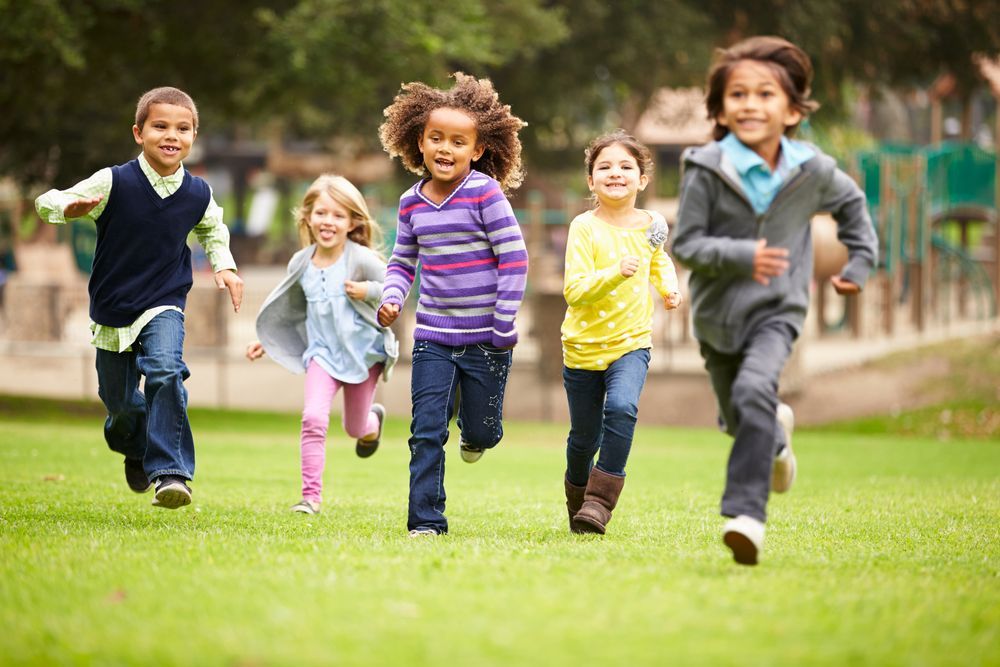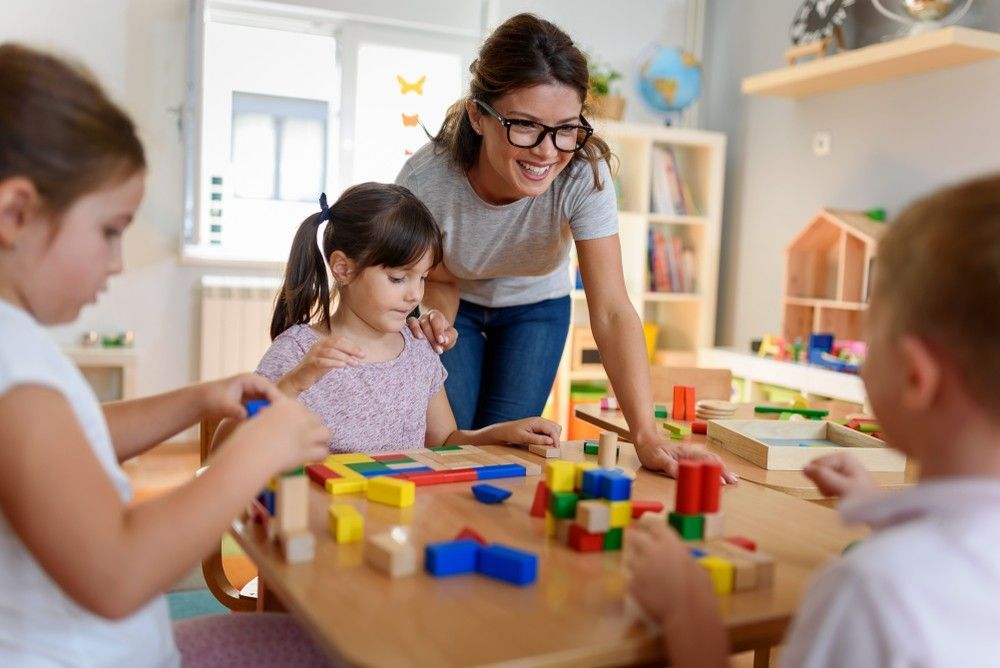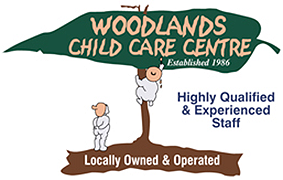How Play-Based Learning Builds School Readiness
Preparing children for school involves more than simply teaching the alphabet or numbers. For many families and educators, school readiness is about nurturing a range of developmental skills that help children adapt, engage and feel confident in a new environment. Play-based learning, which allows children to explore, imagine and problem-solve, offers a flexible and supportive approach to this preparation.
Whether attending childcare in Albury or another early learning setting, children benefit from structured and spontaneous play that reflects real-world interactions. Through play, they develop early literacy, numeracy, self-regulation and social awareness—laying the groundwork for a smooth transition into the school setting.
What Is Play-Based Learning?
Play-based learning involves using play as a medium for learning rather than formal instruction. It is guided by the interests of the child and supported by educators who create environments that inspire curiosity and creativity. The goal is not just to keep children entertained, but to support development in a natural and meaningful way.
Examples of play-based activities may include:
- Building with blocks or loose parts
- Role-play in home corners or dress-up areas
- Exploring sensory materials like sand, water or clay
- Collaborative games that involve sharing, turn-taking and rules
- Storytelling using puppets or props
This type of learning gives children the freedom to explore their thoughts and feelings while developing cognitive, emotional and social capabilities.
Fostering Communication & Language
Language development plays a central role in school readiness. Through conversations, storytelling and imaginative play, children begin to understand how language is used for expression, negotiation and learning.
In play-based environments, children are often heard:
- Narrating their actions aloud during solo play
- Collaborating with peers to create shared stories
- Asking and answering questions during group activities
- Using new vocabulary introduced naturally through games
This type of early language exposure can help children enter school with greater confidence in listening, speaking and understanding.
Encouraging Emotional Self-Regulation
Starting school brings new routines, expectations and peer dynamics. Being able to manage emotions and behaviours in these situations helps children adjust more smoothly. Play-based learning environments provide multiple opportunities to practise this.
During play, children often:
- Navigate rules and limits set during games
- Learn to wait their turn and share resources
- Experience frustration and find ways to express it constructively
- Seek comfort or support from a trusted educator or peer
These experiences can gradually build self-awareness and coping strategies that support wellbeing in the classroom.
Supporting Early Numeracy & Literacy
While play-based learning doesn't rely on flashcards or formal worksheets, it introduces foundational concepts in ways that feel relevant and enjoyable to young learners.
Numeracy can emerge through activities such as:
- Counting blocks while building
- Sorting coloured objects by shape or size
- Using scales to weigh ingredients during pretend cooking
Literacy is often embedded in:
- Listening to and retelling familiar stories
- Recognising symbols and letters in environmental print
- Engaging with rhyming games or songs
These early exposures contribute to school readiness by laying a base for future learning, without the pressure of rigid instruction.
Promoting Problem-Solving & Persistence
Children face many small challenges during play—constructing something that keeps falling, figuring out how to work a puzzle, or negotiating shared use of a toy. These moments encourage independent thinking, flexibility, and perseverance.
Educators may support this by:
- Asking open-ended questions: “What else could you try?”
- Allowing time for trial and error without rushing to fix things
- Celebrating the process of problem-solving rather than only the outcome
These habits of mind can benefit children as they encounter structured tasks and academic expectations at school.
Building Social Skills & Cooperation
Learning to relate to others is a vital part of starting school. In day care in Albury and other early learning settings, children frequently engage in group play that requires cooperation, empathy, and awareness of others’ needs.
Play-based learning can support this through:
- Turn-based games that model fairness and respect
- Dramatic play that helps children explore different roles and perspectives
- Group projects that require listening, sharing and teamwork
Children begin to understand how to participate in group settings—a valuable skill once they enter a classroom with many peers.
Creating a Positive Relationship With Learning
A key benefit of play-based learning is the genuine joy it brings to the learning process. When children associate learning with fun, discovery, and meaningful connection, they are more likely to carry a positive attitude into future educational settings. Rather than feeling pressured, they develop a natural curiosity and enthusiasm for exploring the world around them.
Families and educators who support this approach often notice the following:
- Children becoming more inquisitive, asking thoughtful questions, and showing interest in how things work
- A willingness to engage with new tasks or challenges, even when the outcome is uncertain
- A growing sense of independence, confidence, and self-direction in both play and daily routines
These behaviours reflect a child gradually developing the mindset and skills that support a smooth transition into the more structured environment of formal education.
The Role of Educators & Families
In play-based learning, educators play a vital role by observing, guiding and gently extending play to match a child’s needs and interests. This doesn’t involve direct teaching but instead supporting opportunities for exploration and discovery.
Families are also encouraged to:
- Talk with children about their play and ideas
- Offer open-ended toys or materials at home
- Read together regularly
- Encourage unstructured time for imaginative play
By working together, families and educators can support a child’s development in a way that feels respectful, age-appropriate and meaningful.
Choosing a Childcare Environment That Supports School Readiness
When considering childcare in Albury, families may wish to explore settings that align with play-based learning philosophies and focus on holistic development. Visiting a centre, observing how children engage with their environment, and speaking with educators can offer valuable insight into how children are supported in building confidence, communication skills, and emotional resilience—key foundations for the school years ahead.
Ready to Learn More?
At Woodlands Child Care Centre, we embrace the value of play-based learning as a meaningful foundation for early development. We welcome families to learn more about how our approach supports school readiness through nurturing, engaging and inclusive environments.
Contact us today to speak with our team about your child’s early learning journey.





